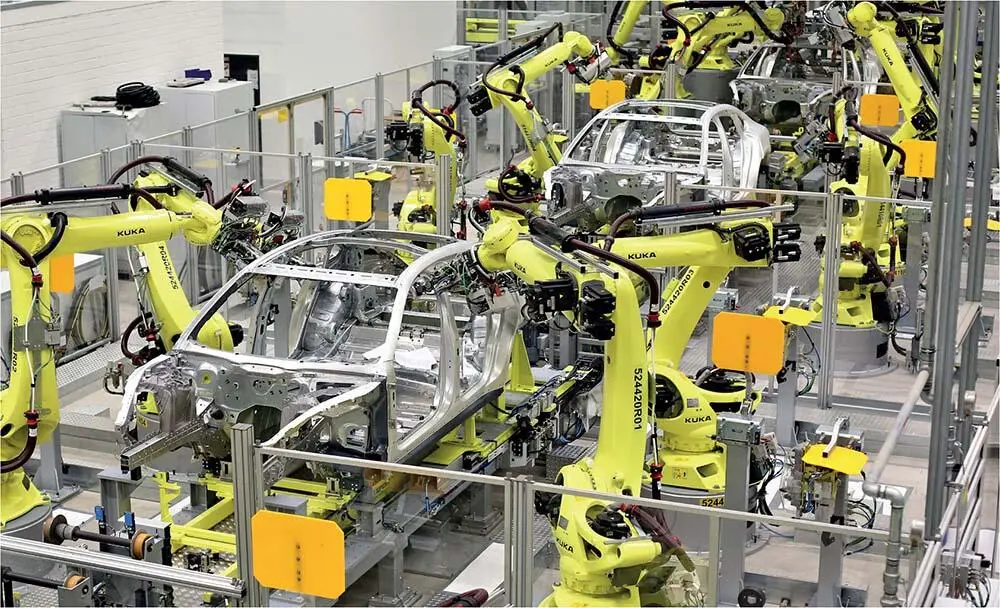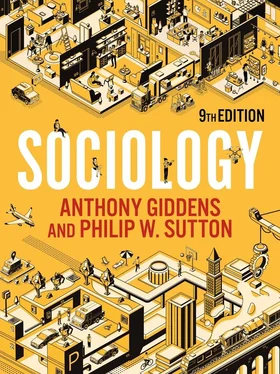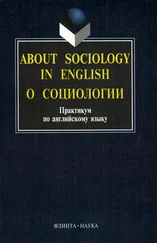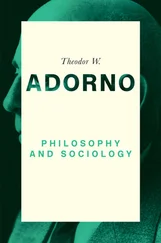See chapter 1, ‘What is Sociology?’, for a longer discussion of Comte’s ideas.
Comte’s version of sociology has little support today, but it is important to remember his formative role in establishing the case for a science of society. His theory of the development of the sciences inspired many others, and positivism was influential into the late nineteenth century. Comte saw the dominant forms of human knowledge passing through three stages: the theological (or religious), the metaphysical (or philosophical) and, finally, the positive (or scientific). The history of the sciences demonstrated this gradual movement, and, as social life was the last area to move into the positive stage, sociology was destined to be the final scientific discipline.
The English philosopher and sociologist Herbert Spencer (1820–1903) drew on Comte’s ideas and was among the first to argue that, as the world of nature was subject to biological evolution, so societies were subject to social evolution. This took the form of structural differentiation , through which simple societies develop into more complex forms with an increasingly diverse array of social institutions, and functional adaptation , as societies accommodate themselves to the external environment. Spencer argued that the industrial societies of the nineteenth century were essentially exhibiting social evolution, emerging out of the more static and hierarchical societies that preceded them. Spencer also thought that the ‘survival of the fittest’ applied in social as well as biological evolution and was against state intervention to support the vulnerable or disadvantaged (M. W. Taylor 1992).
Although Spencer’s theory of social evolution was generally well received, the twentieth century saw evolutionary theories fall into decline, and few sociology courses today make more than passing reference to them. This stands in stark contrast to another of the grand ‘evolutionary’ theorists of the nineteenth century, Karl Marx, whose influence on sociology, politics and world history is impossible to overestimate.
Karl Marx: revolution not evolution
Marx’s basic ideas on class conflict and social change were introduced in chapter 1, and at this point you may want to refresh your understanding of these. Marx and his colleague, Friedrich Engels, never considered themselves professional sociologists. However, they did seek a scientific understanding of society and, from this, an explanation of long-term social change. Marx viewed his scientific work as marking a break with speculative philosophy and all philosophical forms of thought, arguing that ‘the philosophers have only interpreted the world in various ways, the point however is to change it’ (Marx and Engels 1970 [1846]: 123). His interest in and commitment to the European industrial working class was closely linked to his studies of capitalism and its operation.
Marx’s theoretical approach: historical materialism
Marx’s work is important for sociology in a number of ways, but we will focus on just one – the analysis of capitalism – which is part of his broader theory of class conflict as the driving force in history. This ‘grand theory’ formed the basis of many later studies and theoretical developments. Marxist theory was also reinterpreted and used by numerous political movements and governments in the twentieth century, including the communist regimes of the former Soviet Union, Eastern Europe, Cuba, Vietnam and China. Clearly, Marxism is much more than just an academic theory.
Marx’s perspective is sometimes referred to as historical materialism; more accurately, perhaps, it is a materialist conception of history. This means that Marx is opposed to idealism, a philosophical doctrine which says that the historical development of societies is driven by abstract ideas or ideals, such as freedom and democracy. Instead, Marx argues that the dominant ideas and ideals of an age are in fact reflections of the dominant way of life, specifically of a society’s mode of production. For example, in an age when absolute monarchs reigned, it is not surprising that the dominant ideas suggested that kings and queens had a ‘divine right [from God] to rule’, while, in our own age of free-market capitalism, the dominant ideas are those of sovereign individuals who make ‘free’ choices. The dominant ideas of an age are those which support the ruling groups. Marx’s ‘historical materialism’ is interested primarily in how people collectively produce a life together. How do they produce food, shelter and other material goods, and what kind of division of labour exists that enables them to do so?
Successive modes of production: a successful grand theory?
The historical development of human societies is not random or chaotic, but structured. Marx argues that, in the ancient past, small-scale human groups existed with no developed system of property ownership. Instead, all resources acquired were communally owned and no class divisions were present. Marx called this a form of primitive communism . But, as the group produced more, this mode of production was effectively outgrown and a new one emerged, this time with some private property ownership (including slavery), as in ancient Greece and Rome.
From here, societies based on settled agriculture and feudal property relations developed. The medieval system of European feudalism was based on a fundamental class division between landowners and landless peasants and tenant farmers, who were forced to work for landowners in order to survive. But the feudal mode of production also reached its productive limitations and gave way to the capitalist society with which we are now familiar. The early capitalists began to invest in workshops and manufacturing in the sixteenth century, and by the time of the French Revolution in 1789 they were numerous and powerful enough to become a revolutionary force in history.
Under capitalism, class antagonisms were greatly simplified as society ‘split into two great camps’ – the property owners (capitalists or the bourgeoisie ) and the workers (or proletariat). The capitalist revolution broke the bounds of traditional feudal production, demanding tighter discipline and long working hours so capitalists could extract a profit from using workers’ labour power. In fact, Marx and Engels (2008 [1848]: 13–14) produce a glowing account of capitalism as the revolutionary transformation of society. In its first 100 years, capitalism ‘created more massive and more colossal productive forces than have all preceding generations together’, though this was achieved by the ruthless exploitation of workers, which led to endemic alienation among the workforce. In Marx’s theory, a point is reached when, rather than promoting more growth and development, capitalist relations act as a brake, holding back socio-economic progress. Marx calls this a fundamental contradiction between the relations and forces of production, which eventually leads to revolution (Glyn 1990).

Marx argued that, as workers were brought together in large numbers in factories and on production lines, class consciousness would develop. The introduction of artificial intelligence and robotics into production processes makes this seem less likely today.
Marx expected that capitalism, just like feudalism, would give way to another mode of production – communism – brought about by disaffected workers who develop classconsciousness – an awareness of their exploited position. Under communism, private property would be abolished and genuinely communal social relations established. Unlike primitive communism, modern communism would retain all the benefits of the highly productive industrial system bequeathed by capitalism. This would produce an advanced, humane and sophisticated form of communal life, capable of delivering on the communist principle ‘from each, according to his [ sic ] ability, to each, according to his need’ (Marx 1938 [1875]: 10). In a very recent work, Bastani (2019) suggests that harnessing the potential of automation, artificial intelligence and robotics in the interests of everyone could lead to a ‘fully automated luxury communism’ – a contemporary restatement of the end point of Marx’s developmental theory.
Читать дальше













